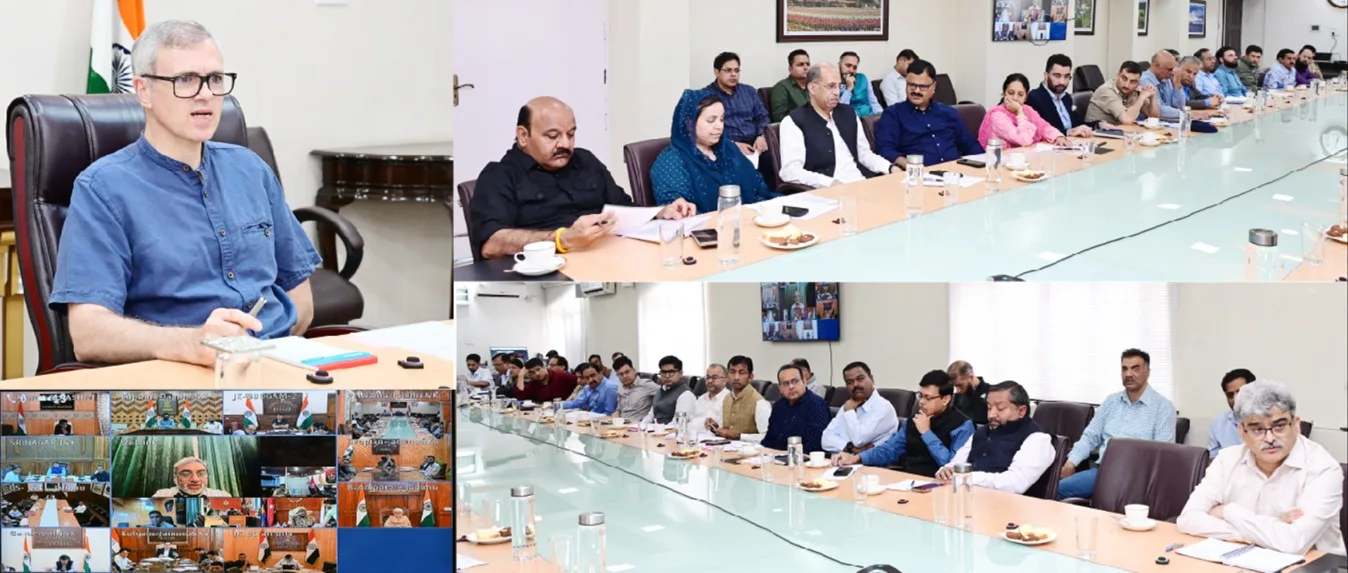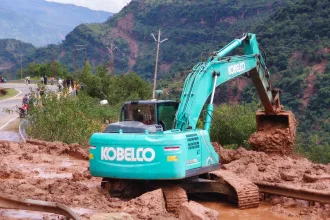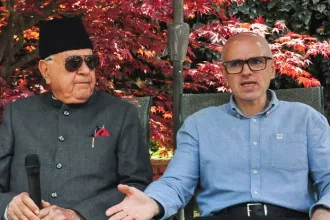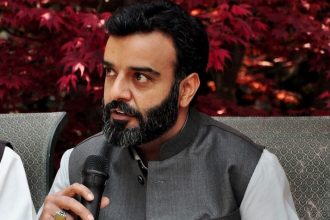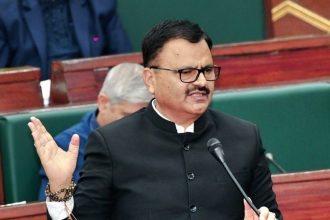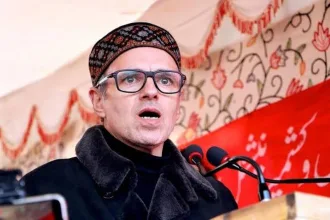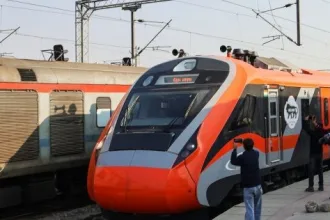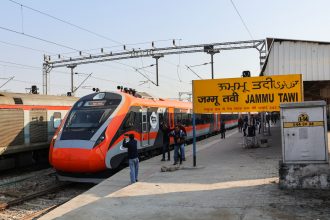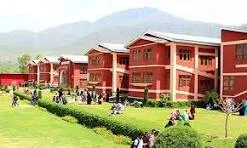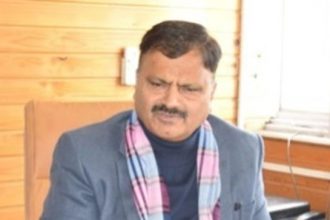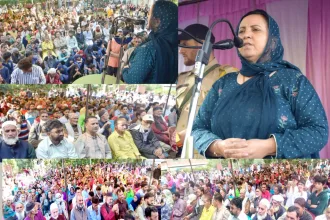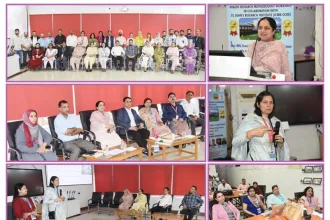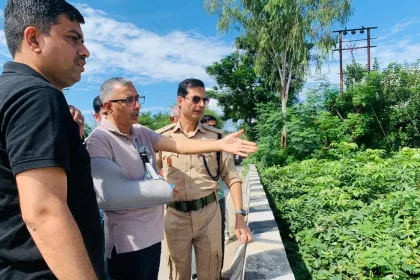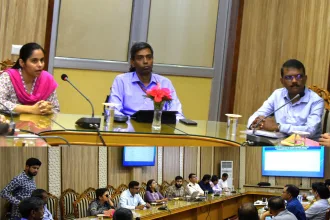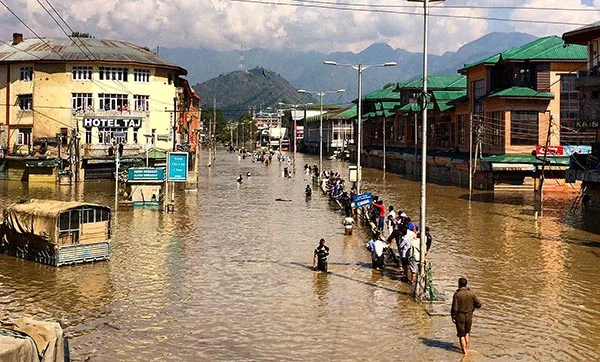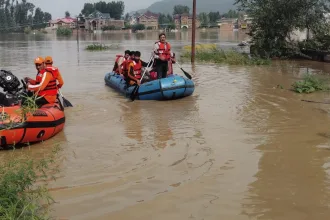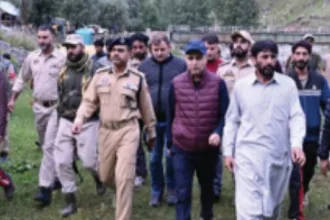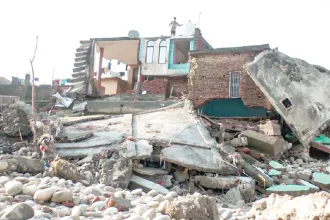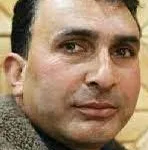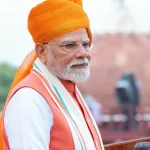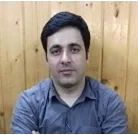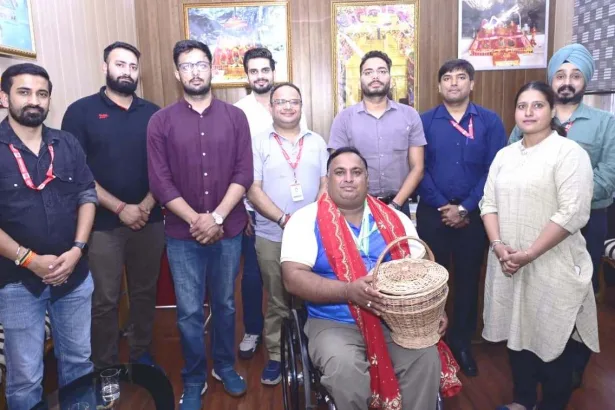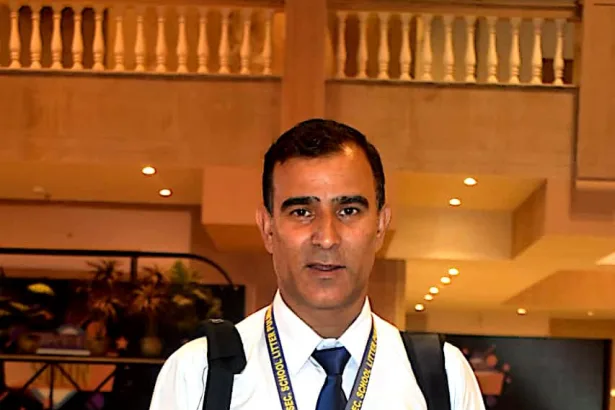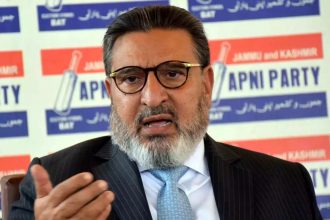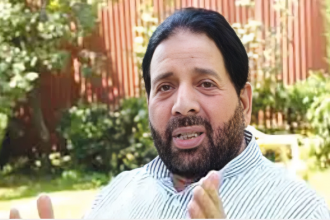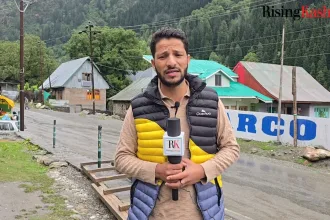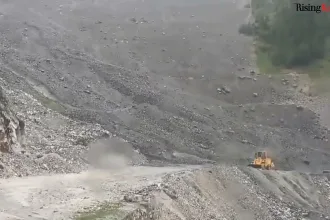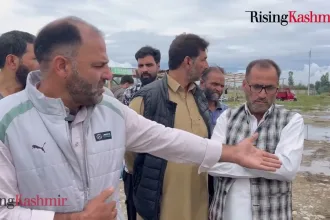- Quick Links
- About Us
- Contact Us
- E-Paper
Search
Archives
- September 2025
- August 2025
- July 2025
- June 2025
- May 2025
- April 2025
- March 2025
- February 2025
- January 2025
- December 2024
- November 2024
- October 2024
- September 2024
- August 2024
- July 2024
- June 2024
- May 2024
- April 2024
- March 2024
- February 2024
- January 2024
- December 2023
- November 2023
- October 2023
- September 2023
- August 2023
- July 2023
- June 2023
- May 2023
- April 2023
- March 2023
- February 2023
- January 2023
- December 2022
- November 2022
- October 2022
- September 2022
- August 2022
- July 2022
- June 2022
- May 2022
© 2022 Foxiz News Network. Ruby Design Company. All Rights Reserved.
Notification Show More
CM Omar chairs high-level meeting to review flood situation in Kashmir valley
Calls for embankment reinforcement at vulnerable spots, swift relief measures, restoration of essential services
NMC grants addl 190 MBBS seats to 5 J&K medical colleges
Srinagar, Sept 04: To augment the undergraduate medical education, the National Medical Commission (NMC) has approved an additional 190 MBBS seats to five medical colleges in Jammu and Kashmir. In…
17 Infantry Brigade of Nowgam organises medical camp
People from remote areas benefit from the camp
Rana extends Eid Milad-un-Nabi (SAW) greetings
Jammu, Sept 05: On the auspicious and blessed occasion of Eid Milad-un-Nabi…
Positive thinking people appreciating Dargah reconstruction: Dr Darakhshan
Says development projects will continue at all costs Greets people on Eid-e-Milad (SAW)
Omar led govt making efforts to meet dev aspirations of people: Sakeena
Holds public darbar at Kulgam
DC Reasi orders termination of 4 temporary RDD officials
Reasi, Sept 05: In a decisive action against corruption, Deputy Commissioner…
Udhampur Beopar Mandal provides relief material for flood-hit
Udhampur, Sept 05: Deputy Commissioner Udhampur, Saloni Rai, today flagged…
Inter-Ministerial Central team reviews rain, landslide damages
Reasi, Sept 05: An Inter-Ministerial Central Team (IMCT), deputed by the…
DDC Chairman visits rain-affected areas of Bhoond
Listens to people’s issues, assures adequate help to sufferers
Memories of 2014 floods return, fueling mental distress in J&K
Docs report surge in PTSD, depression; Tele Manas Helpline sees surge amid flood panic
Putin Shows the Way
Amid the global economic crisis created by the isolationist policy of the United States (US)meant to browbeat India and…
Sports
PDP’s Zuhaib Mir visits flood-hit areas
PDP’s Zuhaib Mir visits flood-hit areas RK News Service Srinagar, Sept 04:…
Weather
17°C
Srinagar
clear sky
17° _ 17°
79%
Sat
27 °C
Sun
27 °C
Mon
27 °C
Tue
27 °C
Wed
27 °C



